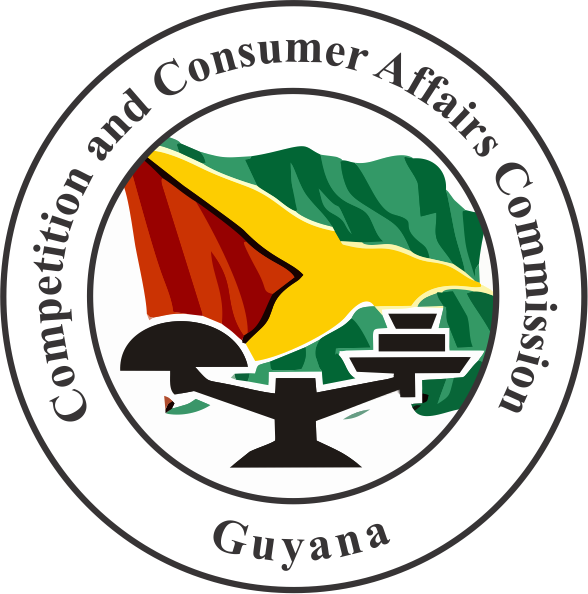The Competition and Consumer Affairs Commission (CCAC) is advising that domestic online sales are subject to the same in-person sale requirements of the Consumer Affairs Act.
According to a press release from the CCAC the impact of the COVID-19 pandemic has seen the inevitable shift from in-person sales to online-sales as a means of encouraging social distancing, but the CCAC is reminding suppliers that return and refund policies, warranties, and policies in regard to cancellations are still subject to the provisions of the Consumer Affairs Act.
Against this background it is warning that suppliers would still be held accountable for breaches of the Consumer Affairs Law.
Given current new modes of transactions, the Commission has said that considerations would have to be put in place for both consumers and suppliers, so that no one is disadvantaged.
It said, too, that consumers should still be afforded the seven working-day period in which to return items for exchange or for a refund if the consumer no longer wants the item.
“It is the responsibility of the consumer to ensure that the item is returned according to the stipulations of the Act: in its original package, and not used or damaged,” the release said, while adding that “the supplier can charge up to 10% as a restocking fee and the return cost would have to be covered by the consumer in this case.”
The Commission cautions, however, that if the item is defective, the cost of the return should be borne by the supplier upon establishing that the item was defective.
If the payment was a layaway the Act speaks to 75% refunds to consumers, the release notes.
The Commission said it is also imploring suppliers to be scrupulous at this time to consumers who have booked events which had to be canceled due to the pandemic and is asking suppliers to offer consumers their correct refunds.
The CCAC said it is further appealing to suppliers to “put your countrymen/people over excessive profit,” noting that it is morally wrong to take advantage of consumers during any national emergency, in this case, that of a public health crisis.”








